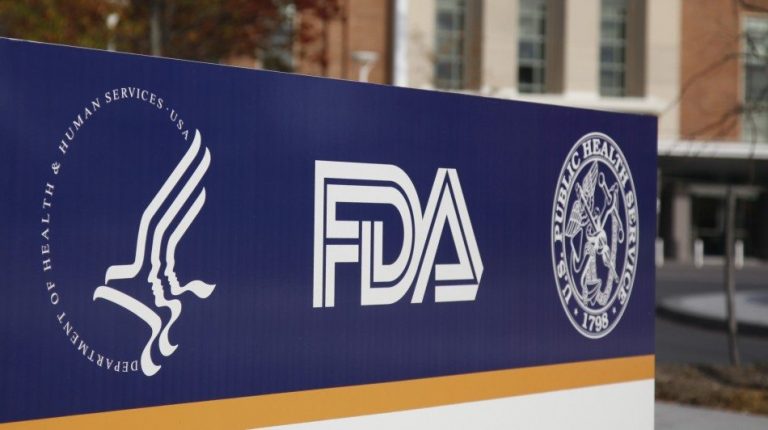
Last week brought with it some pretty volatile action in the biotechnology space. A number of companies reported various bits and pieces of data and while the market response to some was relatively muted, others moved considerably on the fresh inputs in question. As we head into a new week this week, here is a look at some of the end of the week movers last week that we think could carry on moving when the markets open in the US this morning.
The two companies that we’re looking at are Portola Pharmaceuticals Inc (NASDAQ:PTLA) and bluebird bio, Inc. (NASDAQ:BLUE).
These are two big names in the biotechnology sector and both had some key developments at the close of last week. Let’s kick things off with Portola.
On Friday, Portola announced that the US Food and Drug Administration has approved one of the company’s lead development assets, a drug called Bevyxxa (betrixaban). Portola had been trying to get the drug on shelves in the US in a target indication of the treatment of venous thromboembolism (VTE), which is basically just another word for blood clots. The agency greenlighted the New Drug Application (NDA) and Portola soared on the back of the news, trading at a 46% premium to its preannouncement market capitalization at market close on Friday, and opened another 3% up premarket on Monday.
Portola is a three billion-dollar biotechnology company, and for a company of this size, dramatic moves like this, even those driven by FDA approvals, are relatively uncommon. Often we see these sorts of companies move low double-digit percentage points on approval – 10%, 20% at the most. In this instance, however, we have seen a 50% run – why this volume of appreciation?
Well, it’s all about expectations.
The trial on which the above-noted NDA was based was a phase III in the target population, and at trial outcome, Portola reported that the study had failed its primary endpoint. There was some reasonably strong indication of clinical benefit, and safety was relatively clean, but against a failed primary, market expectations weren’t overly optimistic as to the drug’s chances as and when it went in front of the agency in the US. It is rare for a drug to pick up an FDA approval based on a failed trial, even with strong secondary data, and as such, markets went into the day expecting a decline.
The run that we have seen, therefore, is not just based on the FDA approval, but it is also serving to correct a degree of oversell based on negative expectations. Chances are that going forward we will see a continuation of this run as the company pushes towards commercialization of the drug, but very near term, we may see a correction as the shorter-term operators pull profits off the table.
So that is Portola, what about bluebird?
This one is another classic biotechnology move, but bluebird is one step behind Portola along the clinical development pathway for the asset that is driving its action. On Friday, the company announced data from a phase 3 trial of a drug called LentiGlobin. Which bluebird is trying to get the drug on shelves as a treatment for transfusion-dependent β-thalassemia (TDT) and non-β0/β0 genotypes – an inherited blood disorder in which the body makes an abnormal form of hemoglobin. This abnormal form of hemoglobin doesn’t do the job hemoglobin should do, and so it translates to (essentially) a deficiency in hemoglobin and – by proxy – the anemia associated with a lack of efficient oxygen transport around the body.
The data that we just saw came from the first three patients dosed in the phase 3 trial, so it is not a particularly large sample, but markets viewed the news as indicative of outcome nonetheless. As per the release, the first patient treated saw normal hemoglobin levels six months after treatment (13.3 g/dL). The second patient showed the level of hemoglobin after three months was improving but less than the first patient. bluebird attempted to frame the news as positive, but markets weren’t having it and sold off on the company on the back of the news. At close on Friday, bluebird was down just shy of 6% on its preannouncement market capitalization.
We see this one evening out over time, as while this negative response has come about on the back of the release, it is a small sample, and regardless of marked interpretation, it’s not particularly indicative of the trial’s eventual outcome.




